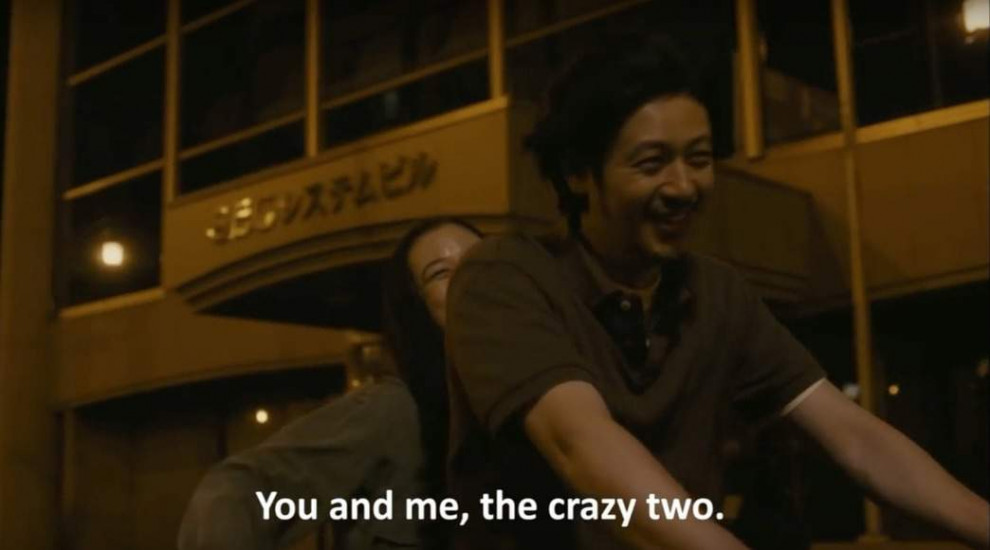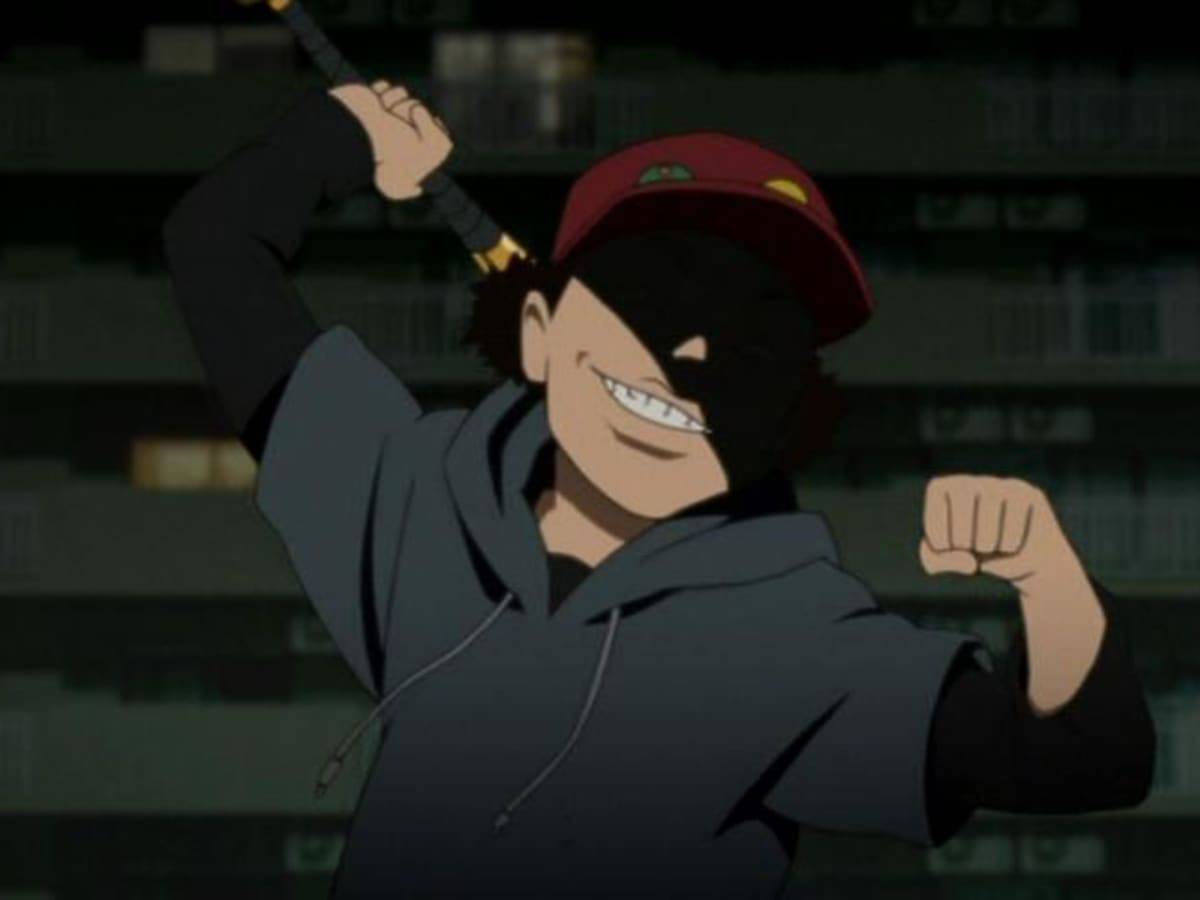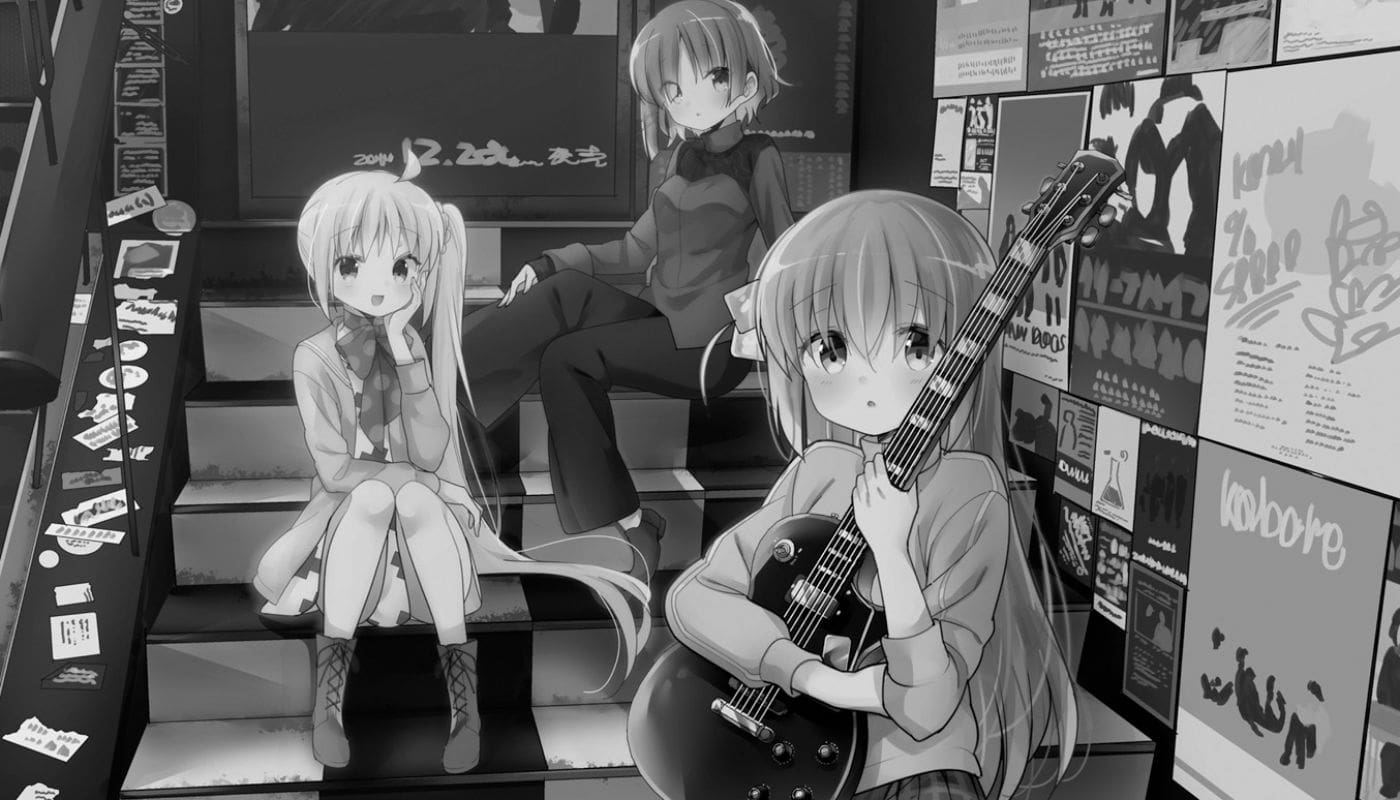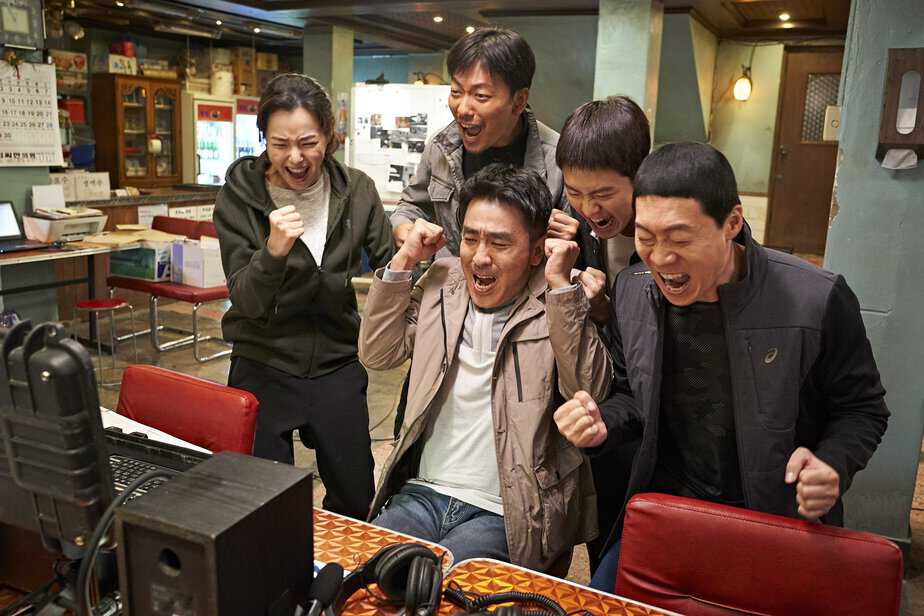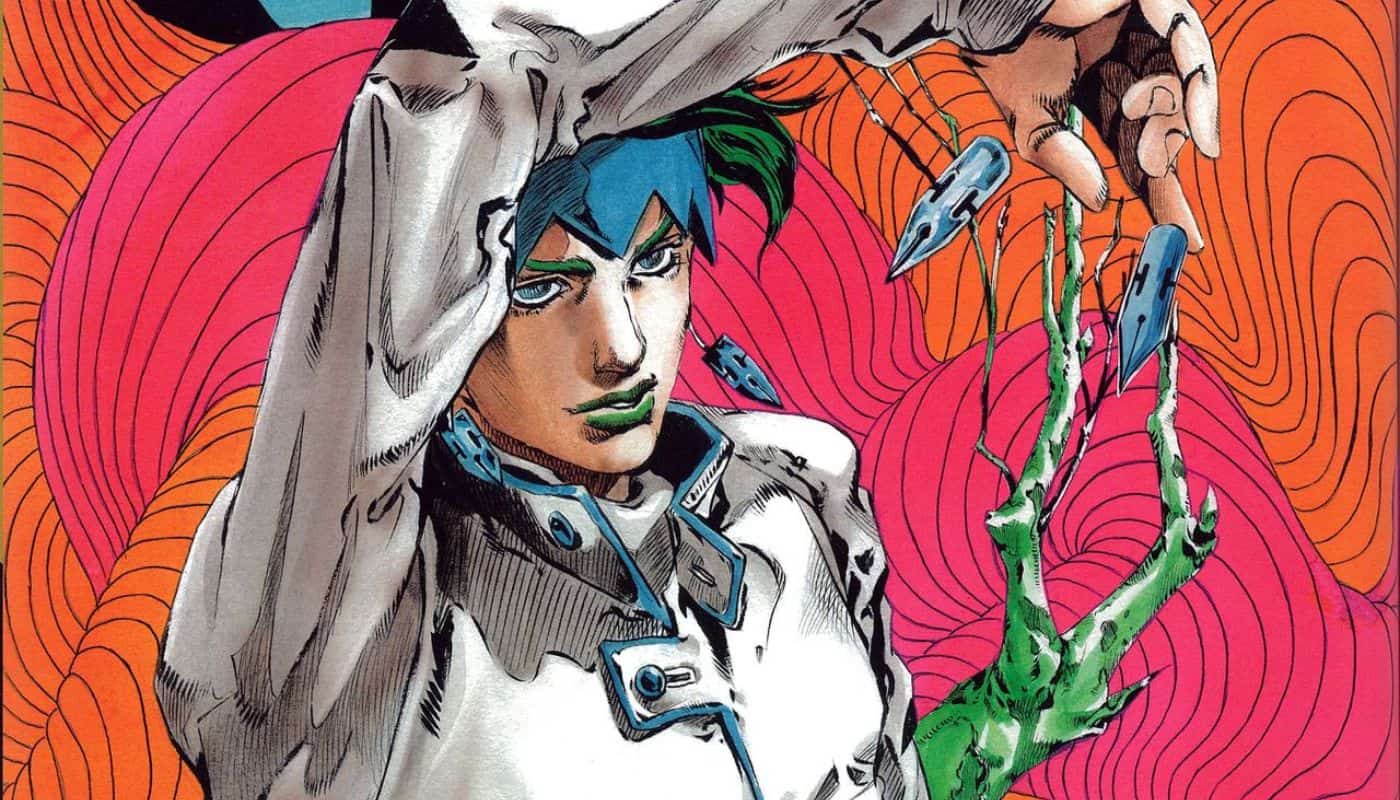The final part of “The Hakodate Trilogy” based on the writings of Yasushi Sato, Nobuhiro Yamashita's “Over the Fence” is a film about a number of troubled characters that has its moments but too often falls into some of the trappings of melodrama, resulting in a somewhat unsatisfying conclusion in a piece that is as troubled as its main characters.
“Over the Fence” screened at Camera Japan
Shiraiwa (Joe Odagiri) studies carpentry at a vocational college in Hakodate for the simple reason that he gets unemployment pay as a result. With no real direction, the Tokyoite has seemingly escaped a troubled past on the northern island, appearing to want a quiet place to hide from his family and the world in general. The rest of his course are a bunch of misfits, all seemingly escaping troubled pasts. Invited to a hostess bar by course-mate Daishima (Shota Matsuda), they meet Daishima's ex, Satoshi (Yu Aoi) – whom Shiraiwa has come across before – and the two instantly find a connection.
Quietly forming a relationship, Satoshi discovers that Shiraiwa is indeed married with a child: the reason for his self-imposed exile on Hokkaido. Probing him with questions, Satoshi lashes out, struggling to cope with the scenario, leaving the relationship fractured; both seemingly emotionally unstable to be part of a couple. Satoshi cannot cope with Shiraiwa meeting with his ex-wife; while Shiraiwa struggles with Satoshi's wild mood swings that see her lash out at the world. Inviting her to the softball game that he and his course-mates are due to play, Shiraiwa promises to hit a home run for her. Satoshi arrives as Shiraiwa steps up to bat, with his batting skills an obvious test as to his love for his new on/off romance.
To start, Yamashita's direction creates an atmosphere of exile. Hakodate itself a quite lonesome landscape with low fogs and narrow straits on the relatively sparsely populated Hokkaido, the use of a sparse and haunting soundtrack reflect Shiraiwa's sense of alienation from the rest of the world, ignoring his family's invitations and offerings of help and support. He lives alone in the dark, eating box meals and two cans of beer nightly, not yet having unpacked his belongings following his recent move from Tokyo after his split from his wife. It is clear that this is a man troubled and looking to hide.
However, the promising set-up is let down by the development of the characters. As he gets to know the others on the carpentry course better, he soon discovers that they are all men trying to start anew; each with a mysterious past they'd rather avoid. While this helps Shiraiwa understand that he isn't the only one with problems, so he should stop moping, it is after first sleeping with Satoshi that the dangers of melodrama kick-in. Suddenly launching into a violent attack on him for not apologising to his wife, Satoshi's character is a ball of wild emotions, ever-changing, with no clear reasoning, other than bipolar tendencies.
Clear holes in the characters' backstories do not allow the audience to fully understand where each is coming from, and so lack any real empathy for either. Shiraiwa's break-up with his wife is hinted at, but the reason for her his wife's madness isn't delved into, other than he worked long hours. Satoshi's character is melodramatically “messed up” simply because she states that she is, the two falling into wars of words over who is the more “messed up.” As a result, the finale's clichéd “they're obviously made for each other” conclusion is unsatisfying in a film that tries to offer easy answers to questions where you're not quite sure what is being asked. His inevitable hitting a home run symbolising that he is “over the fence” of his past troubles and can now find comfort with “the one” offers little that hasn't been seen before.
This is a slow-paced film, but one feels it could maybe have been slower. The use of foggy shots of Hakodate's coastline, with crows flying could have been used more, making more of Ryuto Kondo's useful cinematography and Tanuko Tanaka's soundtrack.
Sadly, however, for a character-driven piece, the characters' backstories are left too underdeveloped, or the characters simply are too clichéd or unlikeable to fully engage with. This is a shame as there are some moments of promise throughout, but the character's many troubles leave “Over the Fence” with troubles of its own.


